
China’s Consumption Conundrum
Can Xi Get Chinese Citizens to Stop Saving and Start Spending?
Recommendation
China finds itself in a quandary: More concerned with its security and with quick fixes to jump-start its economy, the government is failing to play the long game, say scholars Damien Ma and Houze Song in this solid analysis. The authors argue that robust domestic consumption would allow China to become the world’s biggest economy by 2035, and they also advocate for the continuing involvement of state enterprises, a critical component of any strategy to cut households’ savings and boost their spending. Readers interested in China’s long-term challenges and its place in the global economy will find this an informative report.
Summary
About the Authors
Damien Ma is the managing director of MacroPolo, a think tank at the Paulson Institute, where Houze Song is a fellow.


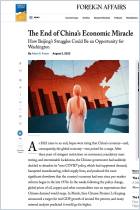
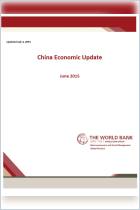
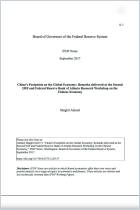
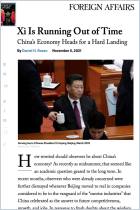
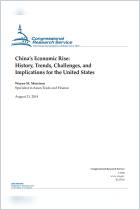
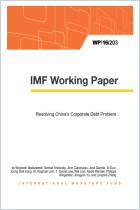



Comment on this summary